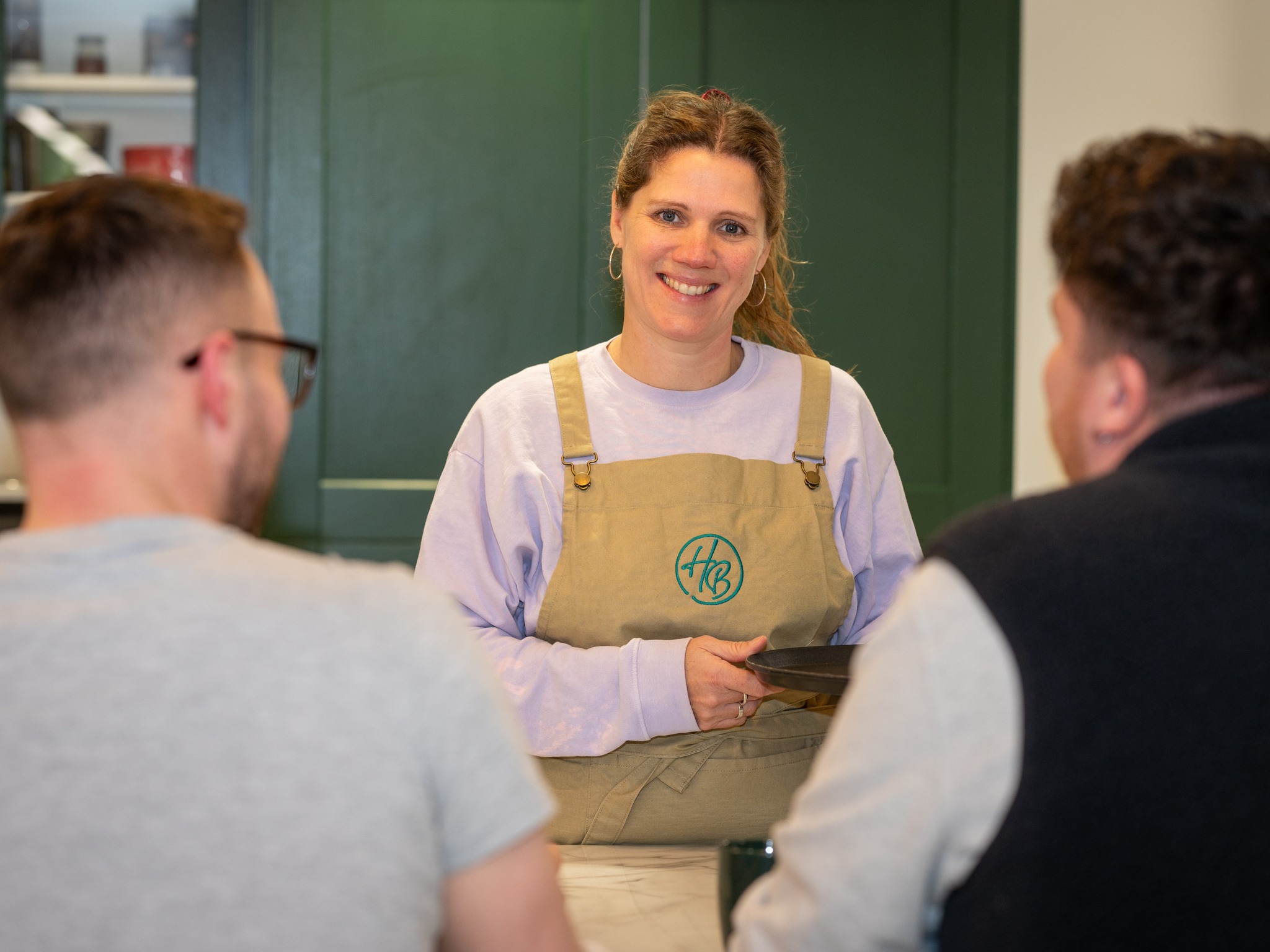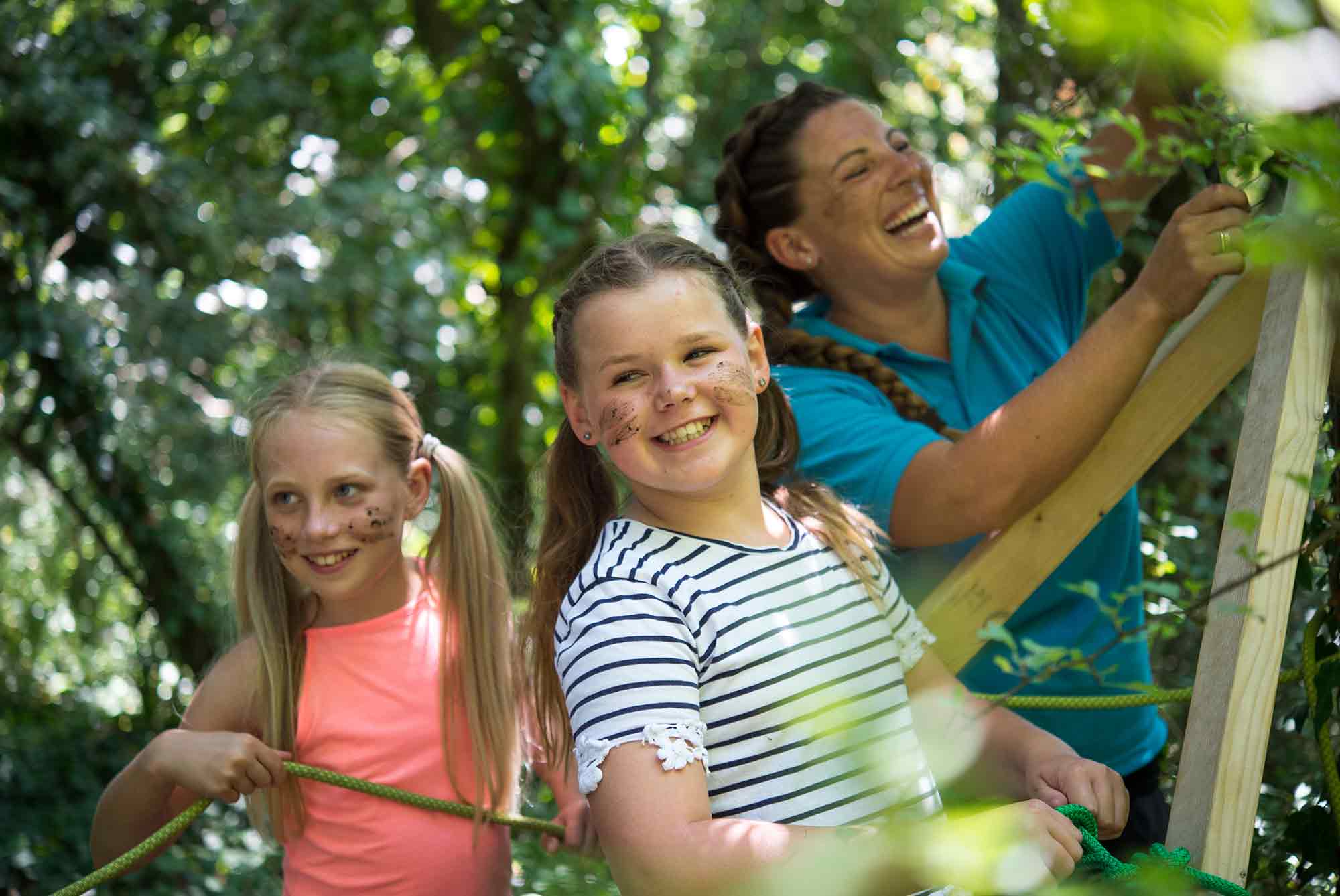
Creating a Happier Workplace: The Power of Culture and Connection
We spend most of our waking hours at work. Week after week, year after year, our colleagues often see more of us than our own families or closest friends. Far from simply “work relationships”, they shape who we are, how we feel, and how we experience daily life.
“Work is where most of life happens, so make it meaningful.”
Quick Takeaways
- Internal Culture Drives External Success – how colleagues treat each other determines collaboration, efficiency, and customer outcomes.
- Psychological and Emotional Impact – positive culture protects emotional wellbeing, while negativity causes long-term dissatisfaction.
- Perspective on Time and Relationships – a 9 to 5 job means spending more time with your colleagues than family.
- Workplace Realities and Humour – many endure jobs they dislike for decades, but humour often masks hidden frustrations.
- Interpersonal Dynamics at Work – you don’t need to like everyone, but mutual respect and care are essential.
- Why Culture Matters - research shows supportive workplace cultures boost engagement, retention, productivity and customer satisfaction, proving it’s good for business.
- Practical Applications – realistic training should highlight empathy and teamwork, not just compatibility.
- Why Culture Matters - research shows supportive workplace cultures boost engagement, retention, productivity and customer satisfaction, proving it’s good for business.
Introduction
We spend most of our waking hours at work. Week after week, year after year, our colleagues often see more of us than our own families or closest friends. Far from simply “work relationships”, they shape who we are, how we feel, and how we experience daily life.
A healthy, supportive workplace culture goes much further than making work enjoyable. It has a huge impact on our emotional wellbeing, motivation, and even our sense of purpose. When people enjoy coming to work, they’re not just more productive employees, they’re happier human beings.
When building internal happiness, you can’t just pop a ping-pong table in the tea room or allow staff to wear jeans on Fridays. It’s about creating a space where people feel respected, heard, and valued. Because when the core of a company feels good, your customer experience, reputation and success naturally follow.

Internal Culture Drives External Success
“High-quality internal service leads to high-quality external service.”
It’s simple but powerful: how people treat each other inside your organisation affects everything your customers experience.
Imagine walking into a shop or calling a helpline where the staff clearly enjoy working together. They support each other, laugh, share ideas, and communicate well. You can feel it and you’re more likely to trust them, buy from them, and come back again.
Now imagine the opposite. A team that doesn’t get along. People gossiping, blaming, or avoiding responsibility. That tension seeps into everything: slower service, poor communication, missed opportunities, and unhappy customers.
A positive internal culture is the foundation for great external results. When employees feel respected and connected, collaboration comes naturally. Work flows more smoothly. People go the extra mile, not because they have to, but because they want to.
Culture isn’t a side project or a “nice thing to have.” It’s the heart of your organisation.
Psychological and Emotional Impact
“Workplaces should protect, not damage, mental health.”
Let’s face it: work takes up a huge part of our lives. If the workplace is toxic, that stress doesn’t stay at the office, it spills into our homes, our sleep, our health, and our relationships. Over time, negativity at work can lead to burnout, depression, or just a deep sense of dissatisfaction.
A positive culture, on the other hand, acts as emotional protection. When you feel safe to speak up, ask for help, or admit a mistake without fear of blame, you build trust. When you’re surrounded by kindness and humour, you build resilience.
The truth is, none of us get infinite time on this planet. If work takes up so much of it, then it should feel meaningful.
A good workplace doesn’t drain people. It supports them, energises them, and makes them feel like they’re part of something worthwhile.

Perspective on Time and Relationships
“You probably spend more time with colleagues than with family.”
Do the maths. A typical full-time job means working around 40 hours a week, or over 2,000 hours a year. Add commutes, emails, and after-hours messages, and the number climbs even higher.
So, it’s no exaggeration to say that our colleagues often become a kind of “second family.” The people we laugh with, lean on, or occasionally clash with, they all play a major role in how we feel about life as a whole.
But many people underestimate this. They separate “work life” from “real life” as if one doesn’t affect the other. However, there’s no clear line between them. A stressful day at work follows you home, but a kind word from a colleague can lift your whole week.
When workplaces nurture genuine human connection, they do more than boost morale: they improve quality of life.
Workplace Realities and Humour
“Some people stay in jobs they hate for decades.”
It’s a sobering thought, but also a common one. Many people stick with jobs they don’t enjoy because of routine, security, or fear of change.
A woman In2action once worked with joked her dream was to win the lottery. She’d march into work and dramatically quit, not for the money, but for the moment of freedom it would bring.
Humour like that is often a coping mechanism. It helps people laugh through their frustration. However, beneath the jokes lies the truth: far too many people feel stuck in workplaces that don’t value them or inspire happiness.
A healthy culture doesn’t mean everyone’s thrilled all the time, work will always have challenges. But it does mean creating an environment where people can express frustration safely, where humour lightens the load rather than hides deeper issues.

Interpersonal Dynamics at Work
“You don’t have to like everyone, but you must respect them.”
Let’s be real: no office is made up entirely of best friends. Personalities clash. Opinions differ. That’s natural. The goal of a good culture isn’t to force friendship; it’s to build respect.
Respect is the glue that holds diverse teams together. It means listening, even when you disagree. It means recognising someone’s effort, even when their approach differs from yours.
Workplace culture at its best is a kind of broad, practical love, not romantic or personal, but rooted in care. It’s the understanding that every colleague contributes to the shared mission. You don’t have to like everyone, but you do have to treat them well.
Practical Applications
“Respect and teamwork are non-negotiable.”
Training is where good intentions become real behaviour. Too often, workplace training focuses only on technical skills: how to sell, serve, or follow procedures. But what about how to listen, empathise, or resolve conflict kindly?
Realistic, human training should reflect the truth: you won’t always get along with every colleague or every customer. However, teamwork, empathy and professionalism must remain constant.
Workplaces that build emotional intelligence, communication, and shared purpose pay off in every area, fewer misunderstandings, stronger collaboration, and higher job satisfaction.
The best teams aren’t formed through perfect compatibility; they grow through trust and mutual respect.

Why Culture Matters
“Good culture isn’t just emotional - it’s backed by data.”
This isn’t just about feelings. Research consistently shows that positive workplace cultures lead to lower turnover of staff, better mental health, and stronger customer satisfaction.
Companies with happy teams experience less absenteeism and higher productivity. In fact, one study found that employees who feel respected by their leaders are 55% more engaged and 89% more likely to recommend their workplace to others (Harvard Business Review, 2018).
So while building culture takes time and effort, the return on that investment is enormous, for both people and performance.
The Bigger Picture
“Your workplace is your life. Make it count.”
Work is where much of life unfolds. The conversations, challenges, friendships, and the small daily wins shape our wellbeing more than we realise.
By prioritising respect, kindness, and emotional safety, organisations can transform not only their culture but the lives of the people within them.
You don’t have to take on that challenge alone. If you want to build a stronger, more connected team, experts like In2action can help you turn good intentions into lasting, positive change.
Because internal happiness isn’t a luxury: it’s the foundation of success.






.png)

.jpg)
